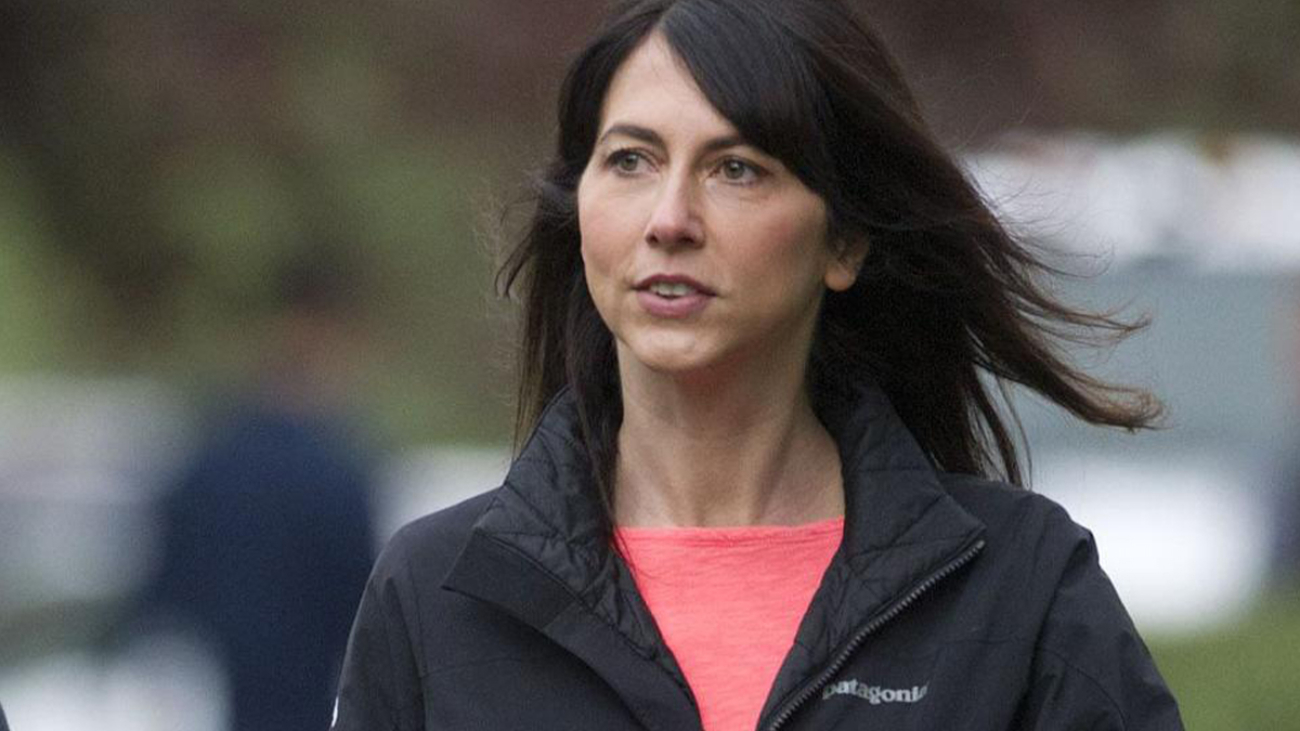COVID-19 is exposing long-standing disparities and inequities created by unjust policies and systems that have left communities vulnerable, in spite of powerful mobilizations by grassroots movements. Millions of people who work in essential care and service industries including homecare workers and house cleaners, restaurant, grocery, and delivery workers, and health and child care providers, are facing risks to their own health, emotional stress, and the economic insecurity that comes with the evolving landscape of managing the coronavirus outbreak.
Queer, trans, and cis women of color, Indigenous, and immigrant women and girls in particular make up a significant proportion of the essential workers in our communities showing up day after day to mitigate the transmission and impact of the virus. Even prior to this crisis, they faced widespread discrimination, harassment, and violence in the workplace and have been further marginalized by lack of health benefits or paid sick days, low wages, and job insecurity.
In the United States, which has now become the epicenter of the pandemic, we anticipate that precarity will only deepen, and a lack of safety at home, in the workplace, and in institutional settings will expand. From the intimate space of the home where people are isolated from broader networks of support, to workplaces, to prisons and detention centers, survivors of gender-based violence are facing even more complex challenges.
Evidence from other crises, including Hurricane Katrina and outbreaks such as Ebola, suggests that violence against women and girls increases during these emergencies. Moreover, women are the first to respond to the emergency and the last to be resourced, despite the undeniably central role they play in fortifying communities in a crisis.
Yet even as these women and girls are experiencing great vulnerability, they continue to be the powerful healers, protectors, visionaries, strategists, and leaders that are rising to meet this moment.
As a funding collaborative, the Collective Future Fund has the ability to fuel coordination and collective action by supporting healing and mobilization efforts to ensure the safety of women and girls during the COVID-19 pandemic. A value core to our work is the conviction that resourcing women of color survivors and movement advocates can transform the future for everyone. That’s why we’re launching a $2 Million Survivor Safety and Support Fund to support survivors of gender-based violence.
This rapid response fund, which will be implemented in phases over the course of 2020, will give increased funding support to our existing grantees, contribute to several other pooled rapid response funds that are resourcing immediate organizing and financial support for survivors and low-wage women of color and immigrant workers, and provide additional support to other critical efforts to advance safety and support the queer, trans, and cis women of color, Indigenous, and immigrant women survivors who are on the front lines of this crisis.
Here’s what else we’re doing in this moment:
- Entering into ongoing dialogue with colleagues in philanthropy about how to be responsive, responsible, and strategic in this unprecedented moment for our communities.
- Engaging in a phased process over the course of 2020 to adapt its support to the field in consideration of a changing landscape and a new period of economic downturn.
- Maintaining our funding to existing grantees even as they adjust their 2020 plans, activities, and timelines.
- Moving forward later this year to provide multi-year general operating grants to additional women of color and survivor-centered organizations later this year.
While we are in the midst of this crisis, the Collective Future Fund understands that how we recover from COVID-19 will be dependent on how we respond at this moment. We know that every person is being affected by this situation at a personal level in different ways that might destabilize their health, mental and emotional wellbeing, physical safety, economic security, housing, or other aspects of their lives. We affirm that human lives and the well-being of our communities are of the greatest importance at this time, and we will only be able to meet the challenges ahead by caring for each other, calling upon our ancestral wisdom about survival and healing, and offering mutual aid and support to one another.
Now more than ever, it is clear that our collective future is interdependent, and it is our choice how we turn the many challenges we are facing into an opportunity to transform our future together.

